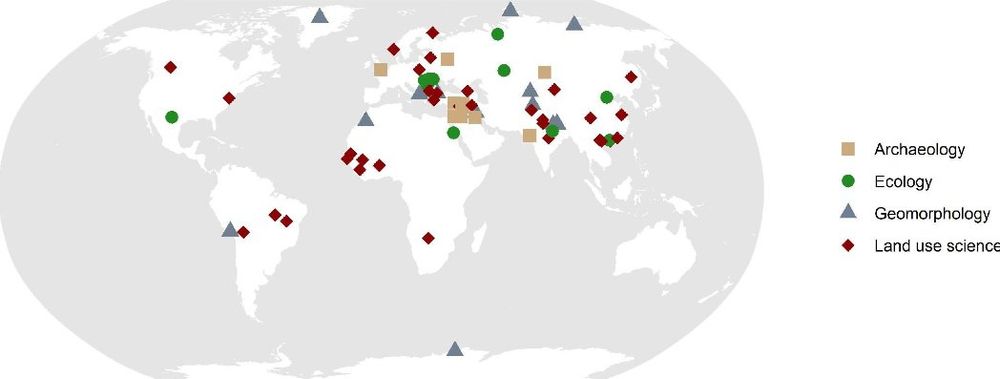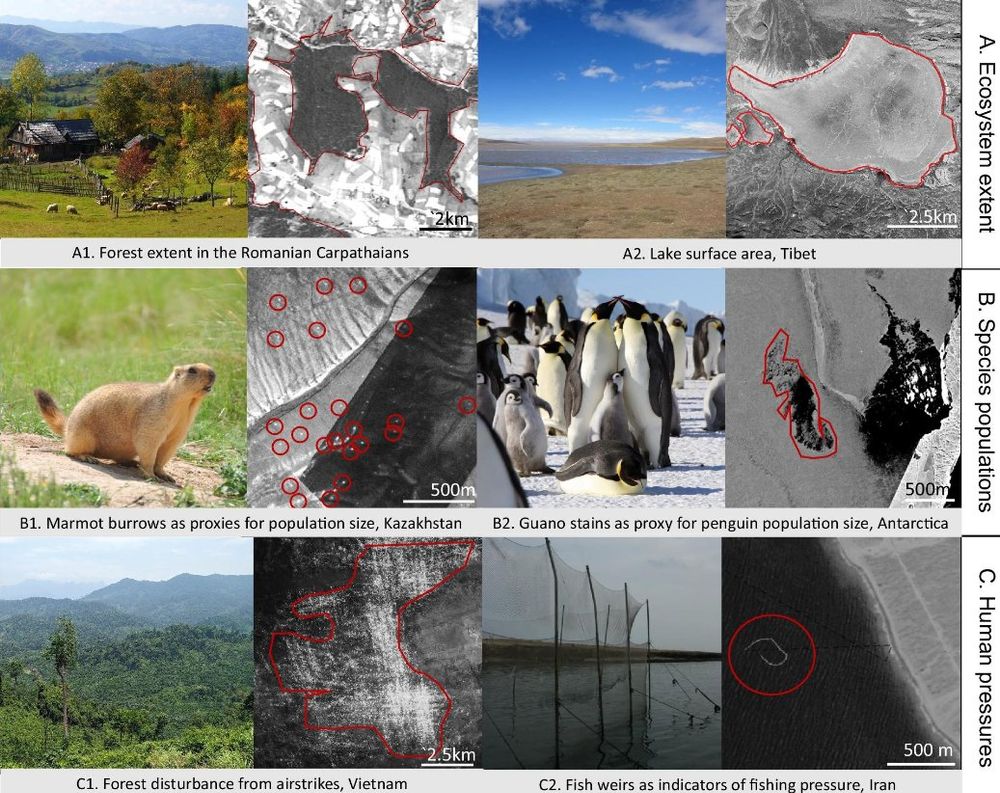
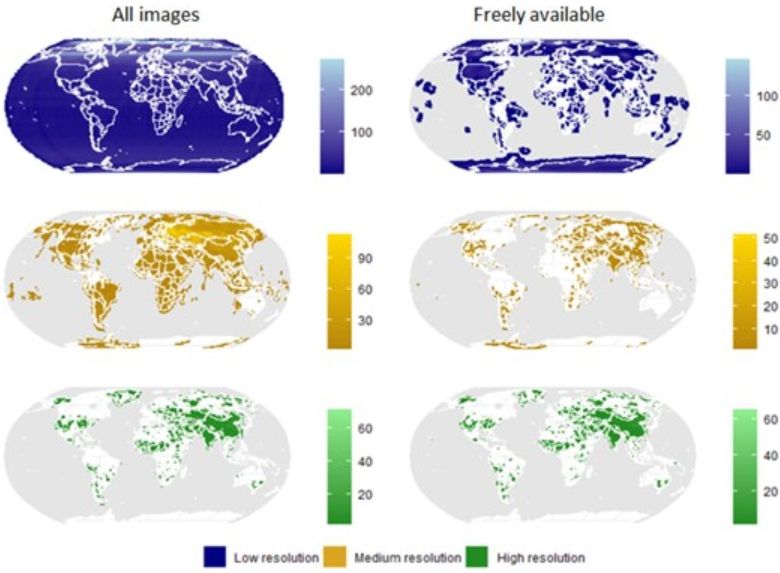

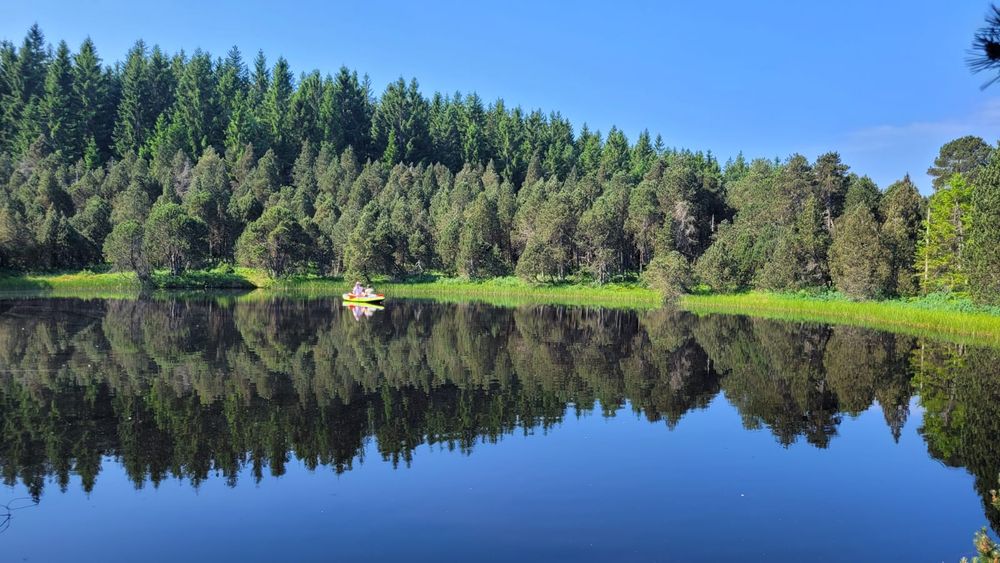


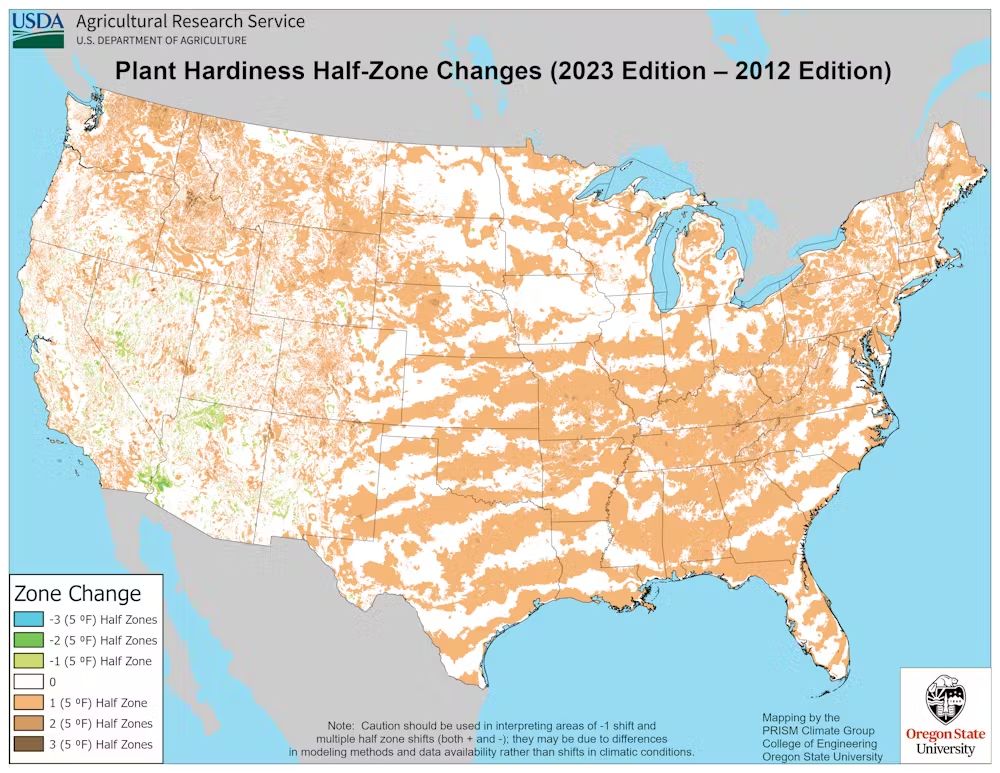
-Other global reconnaissance archives which are valuable for research (e.g. Misty) should also be declassified.
Give these images a second life! (4/4)

-Other global reconnaissance archives which are valuable for research (e.g. Misty) should also be declassified.
Give these images a second life! (4/4)
